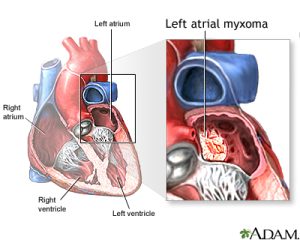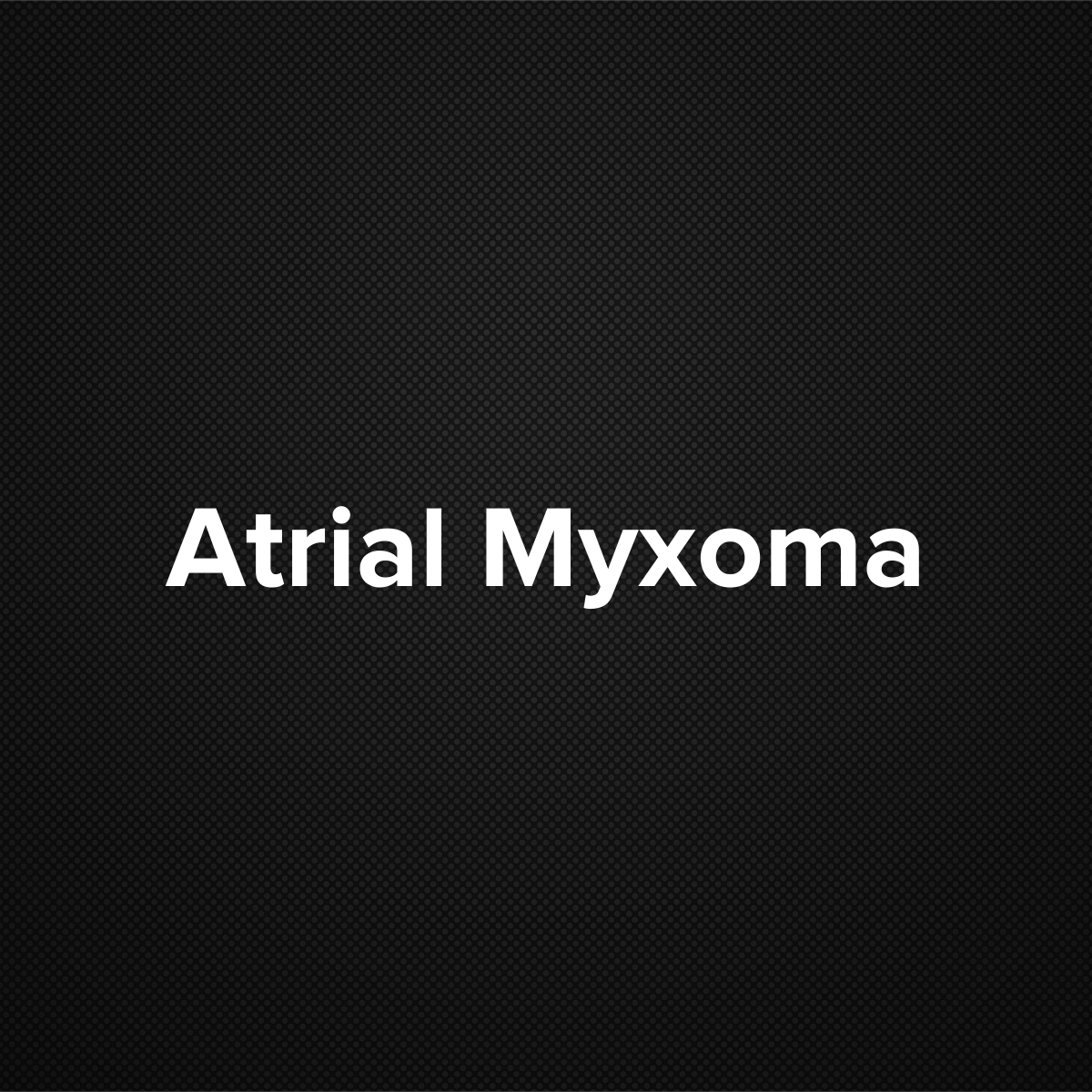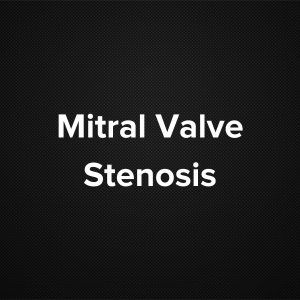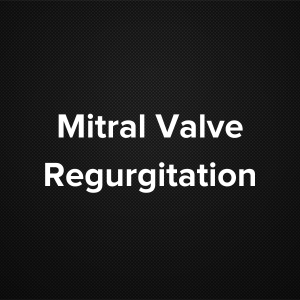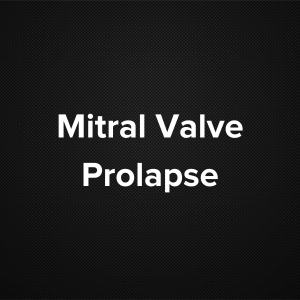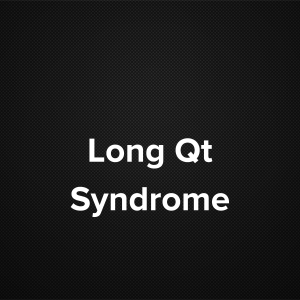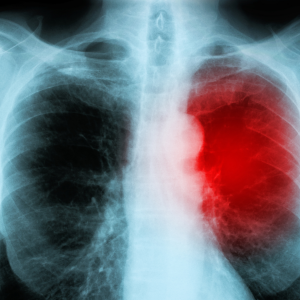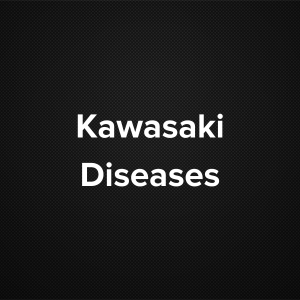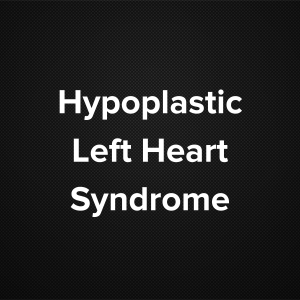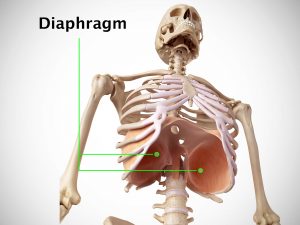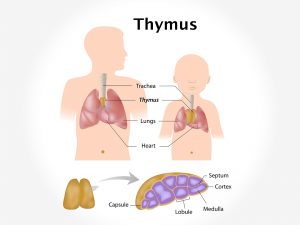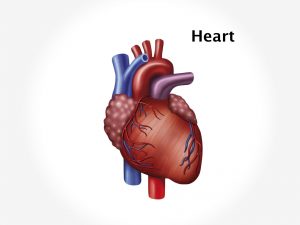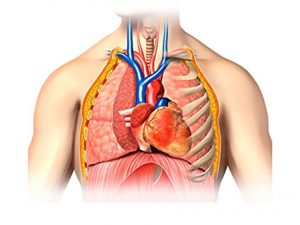Causes and risk factors
The exact cause of atrial myxoma is not known in most cases. In some cases it is inherited. It is more common in women. It occurs more commonly in the left atrium.
Clinical presentation
Patient with atrial myxoma presents with shortness of breath on exertion or lying down [orthopnea], difficulty in breathing in upright position, and paroxysmal nocturnal dyspnea. Patient experiences chest pain. Patient experiences fatigue. Patient complains of dizziness, fever, weight loss, and joint pain. There can be peripheral edema. There can be abdominal distention due to ascites. Raynaud phenomenon may be observed. Clubbing of fingers can occur. There can be atrial fibrillation, arrhythmia, and even heart failure.
Investigation
Medical history by the patient and clinical examination by the doctor helps in diagnosis. Complete blood count with ESR, serum interleukin-6 level is recommended. ECG, echocardiogram, Doppler study may be required. Chest x-ray, CT scan of chest, heart MRI, heart angiography are advised.
Treatment
Atrial myxoma cannot be treated by medicines. Drugs can be helpful to manage symptoms of heart failure, atrial fibrillation, and arrhythmia. Surgery is required to remove the tumor. Damaged valves may require replacement.
